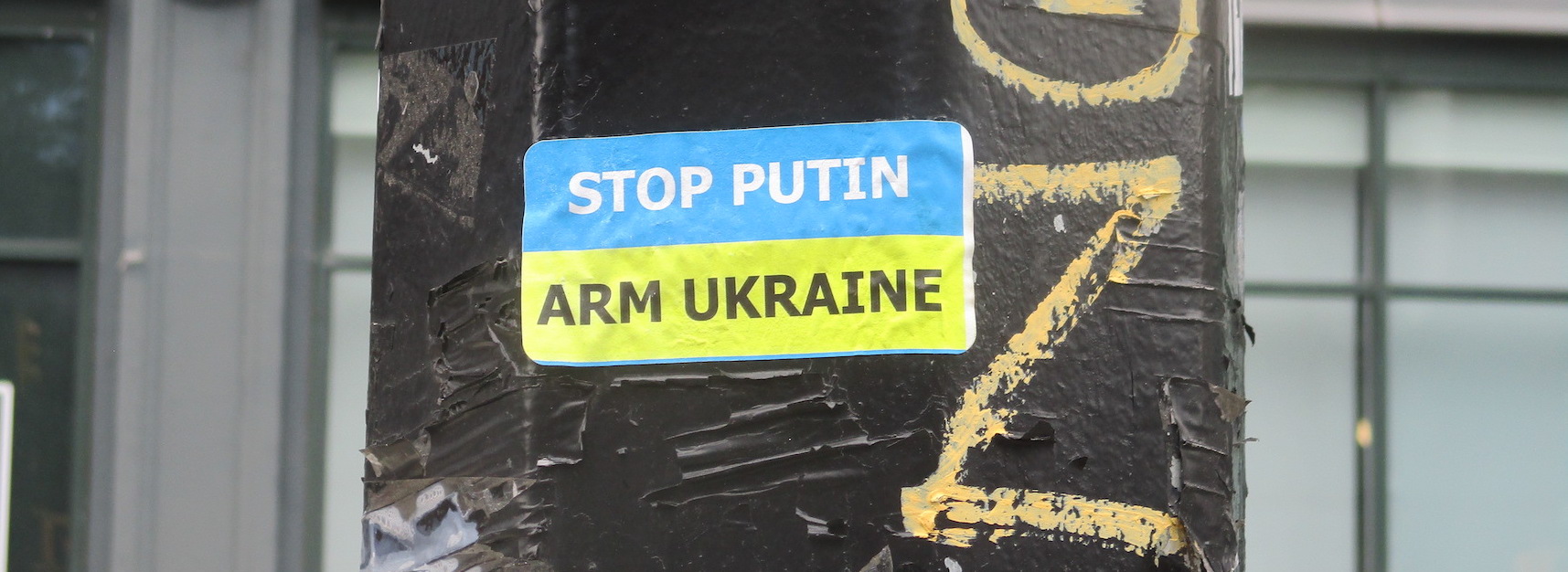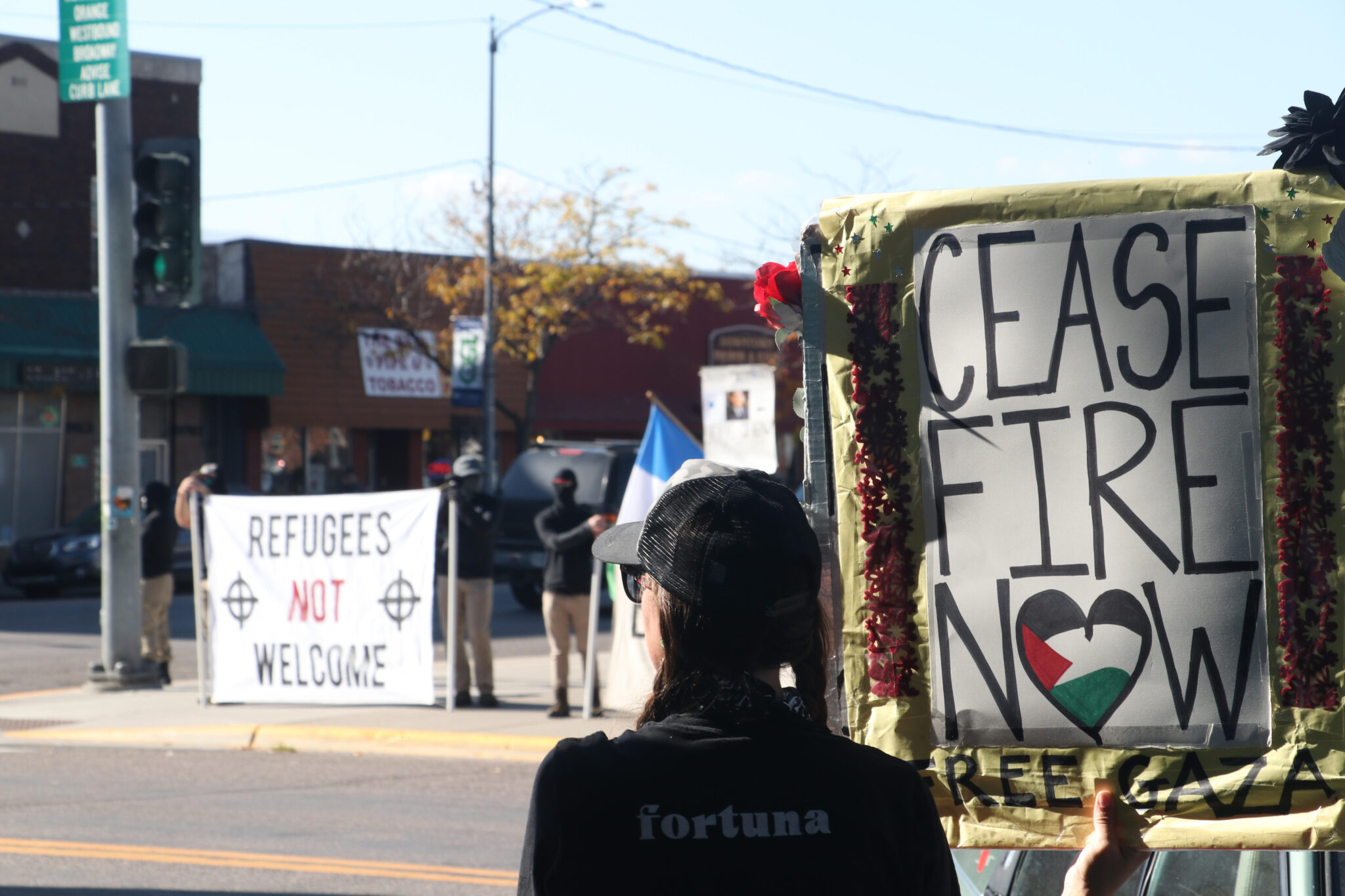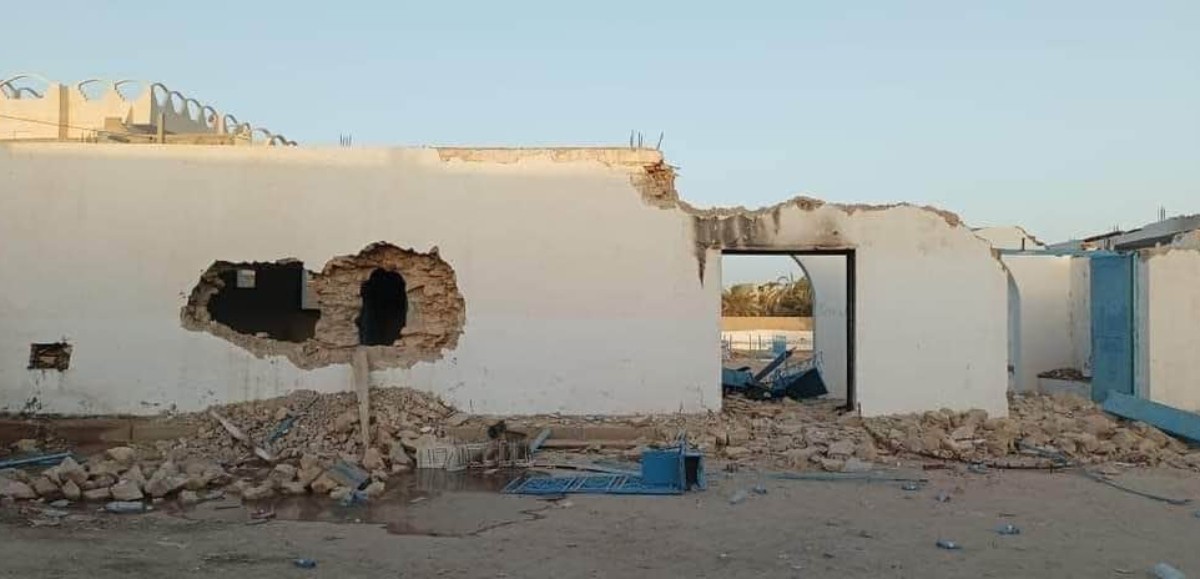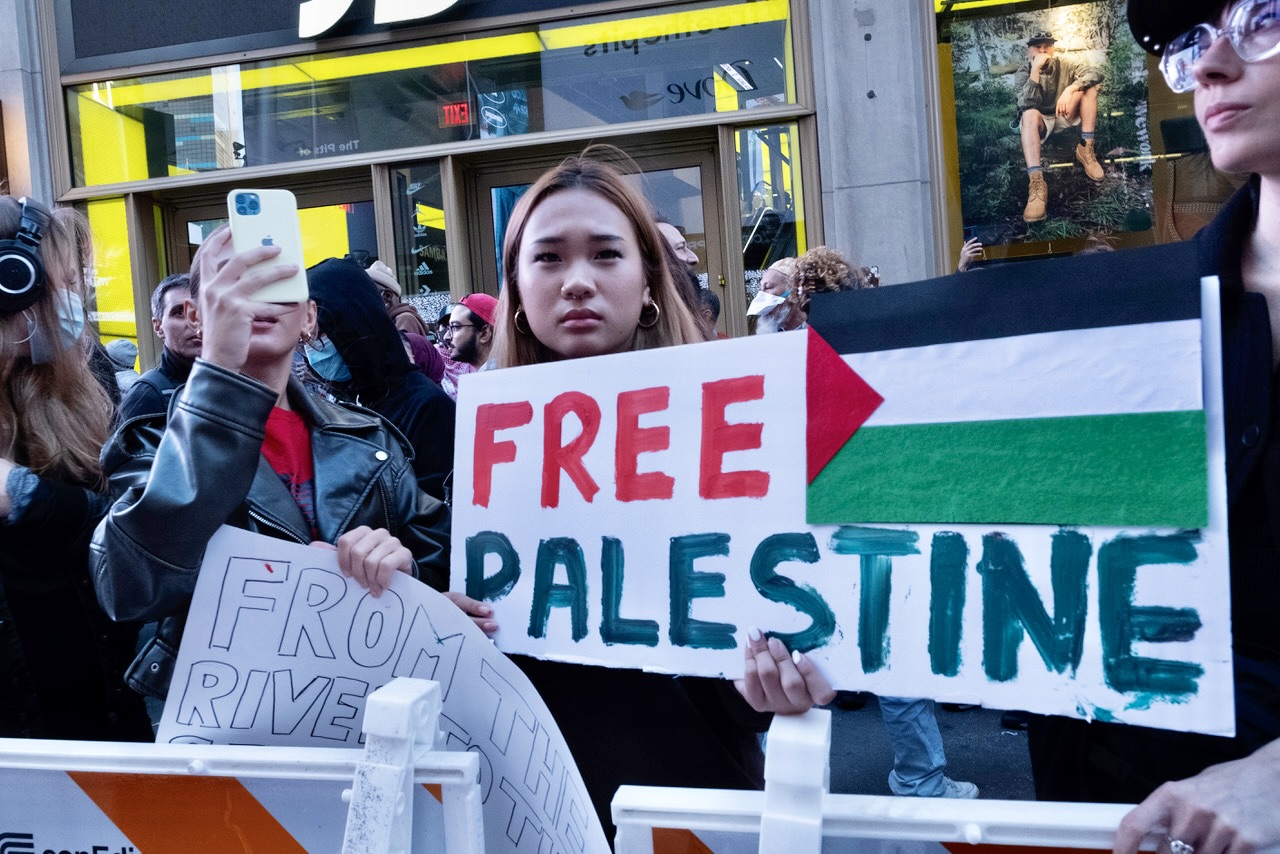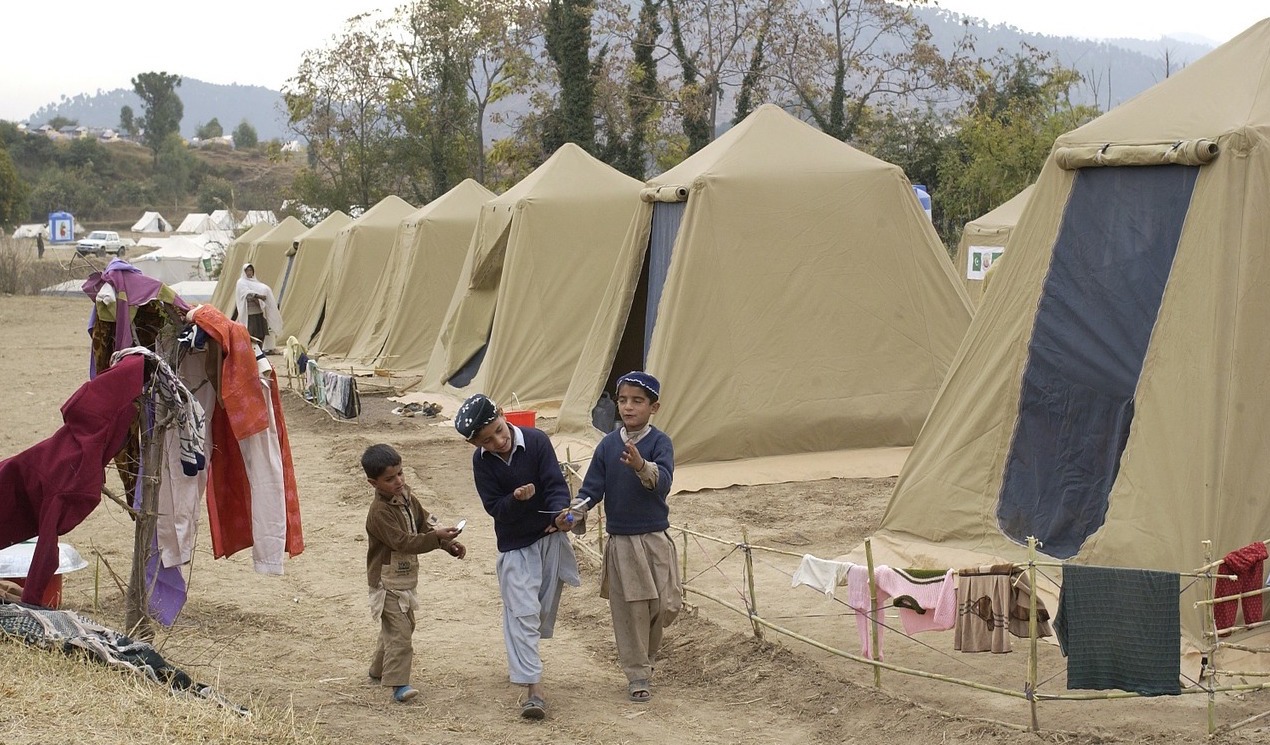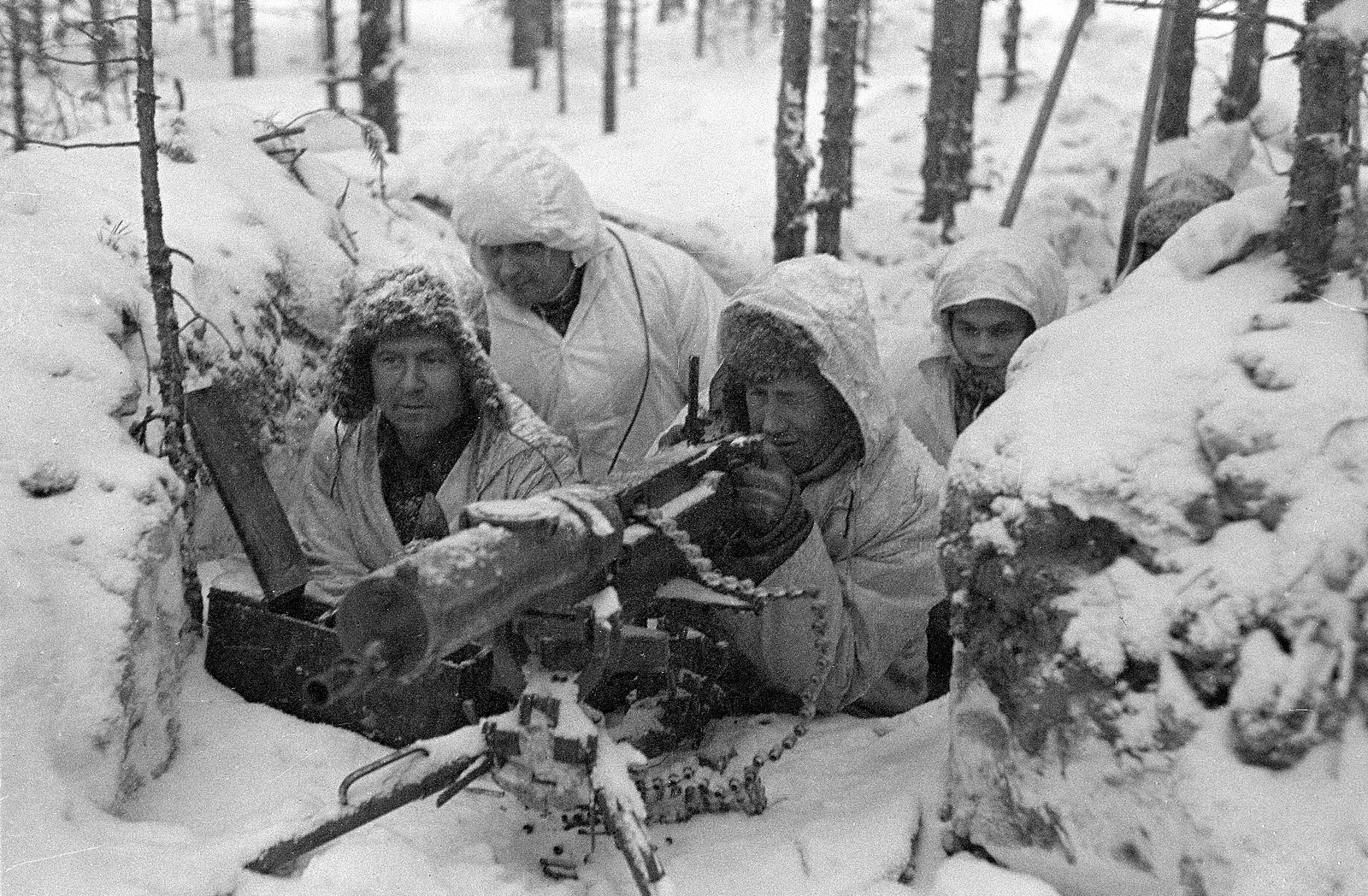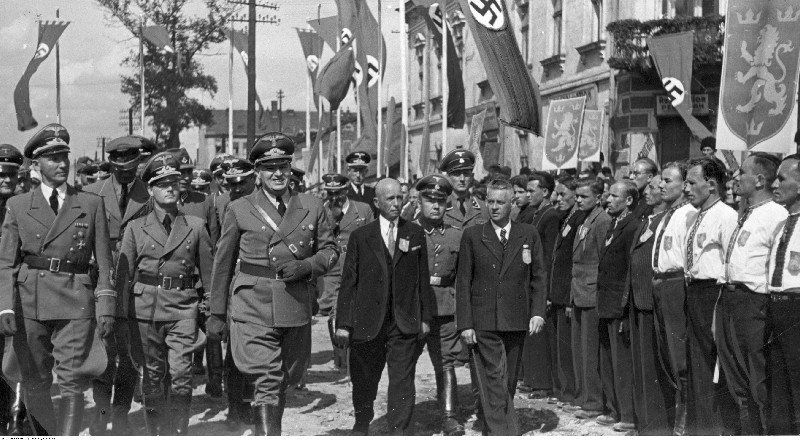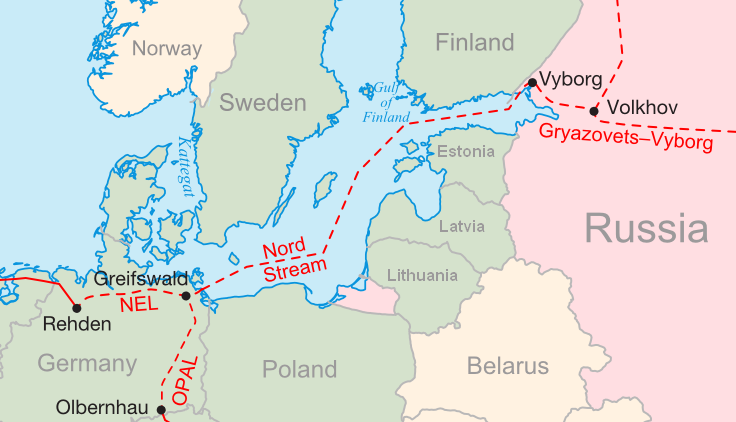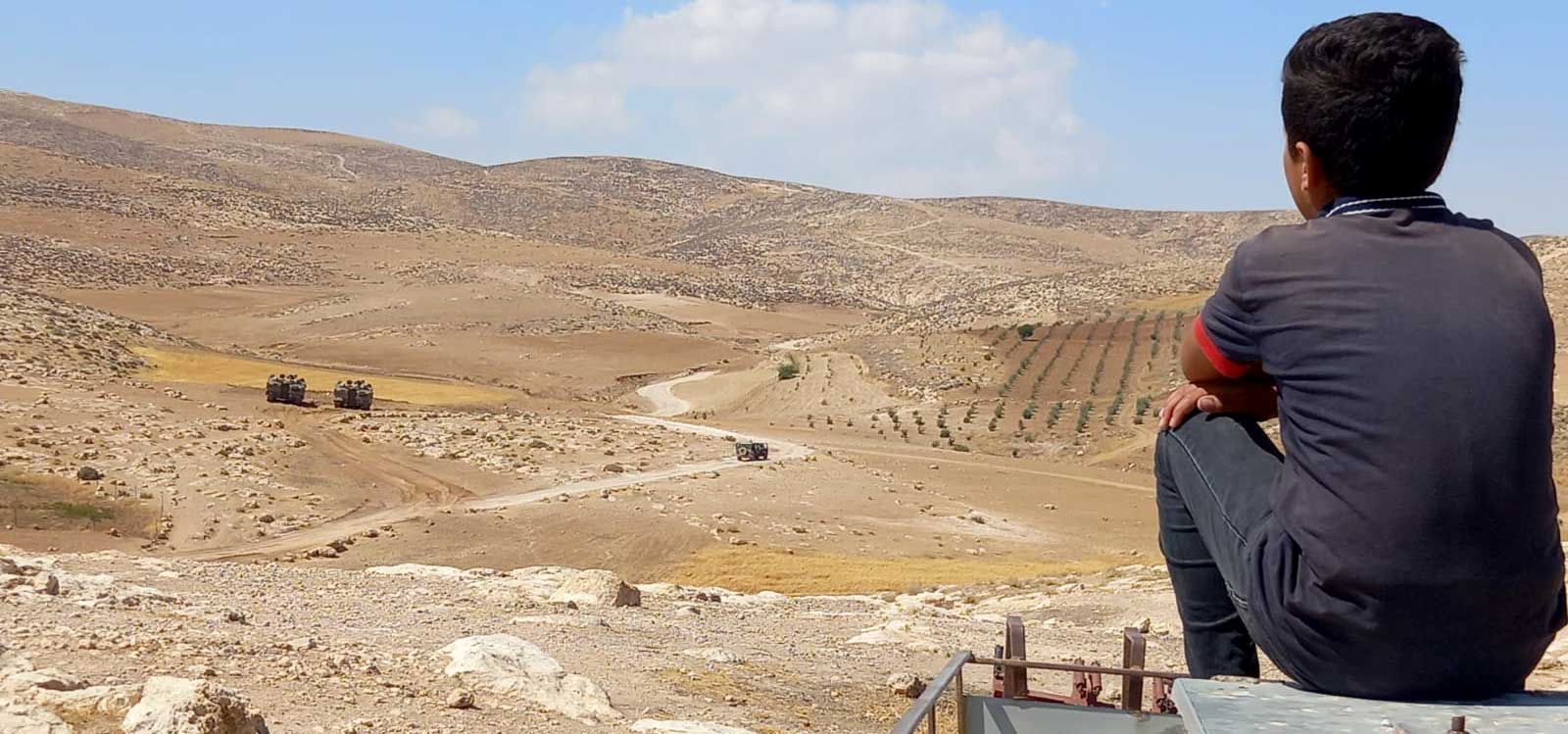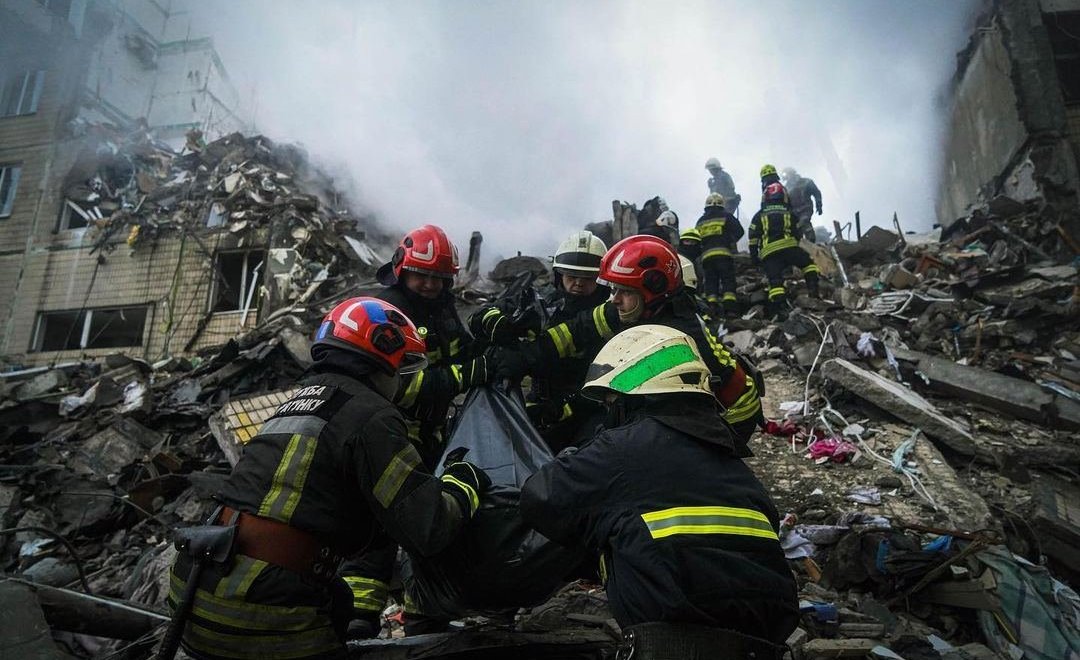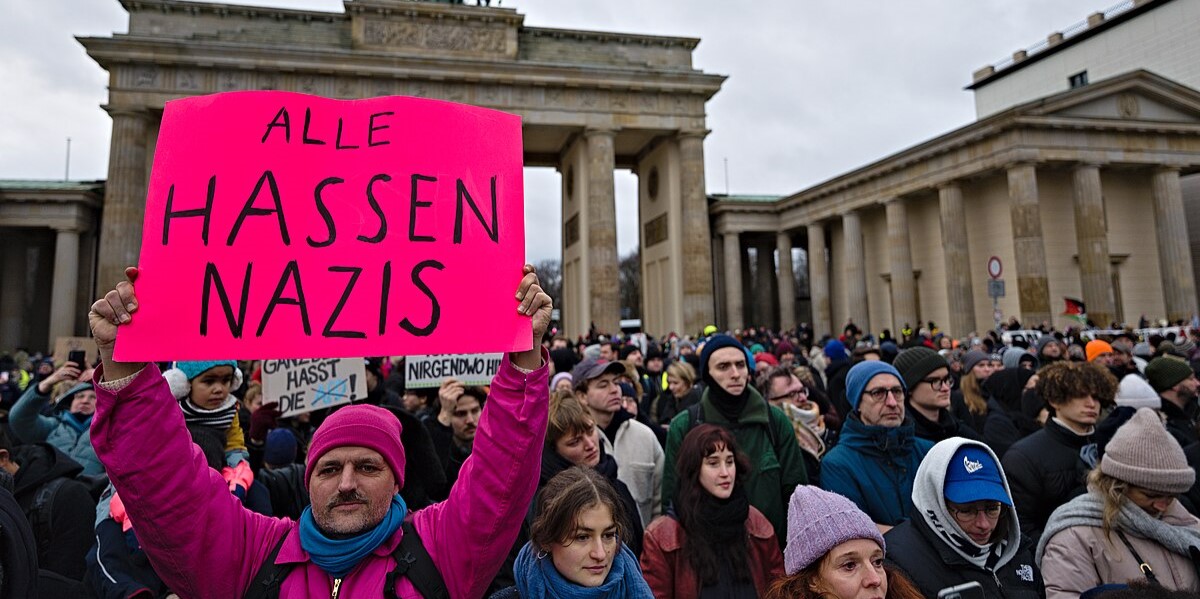
Thousands protest far-right party in Germany
Mass protests took place across 114 cities in Germany against the far-right political party Alternative für Deutschland (AfD). The demonstrations came in response to revelations that party leaders held a national meeting of extremist figures to discuss mass deportations, including of “non-assimilated citizens.” According to activist group Together Against the Right, the weekend demonstrations brought out over 1.5 million attendees across the country, under slogans such as “DEFEND DEMOCRACY,” “IT FEELS LIKE 1933,” and “NEVER AGAIN IS NOW.” (Photo: Leonhard Lenz via Wikimedia Commons)



